Science Talk
With our Science Talk blog, we hope to lift the lid on the black box that is the ICR: to show you inside our labs, to introduce you to a few of the people here who make the discoveries, and to allow them to tell some of the stories behind the science. We try to put our discoveries in a wider scientific context, and give an idea of how our science is actually done. We also give you the view from the ICR of important developments in the wider world of cancer research.

Bob Champion: From racing legend to champion of cancer research
Here, we look at two exciting projects at The Institute of Cancer Research (ICR) that are currently translating Bob Champion Cancer Trust funding into innovative tools that have potential to change the lives of men with prostate cancer.

“Providing hope is everything to a cancer patient” – Rhonda’s story
Rhonda Ryan, 57, was diagnosed with lobular breast cancer in 2019. Two years later, she was told her cancer had spread to her liver and was incurable. An experienced investment professional, Rhonda is now calling on her industry contacts to support our vital research, hoping to raise £1.8m over six years and make a real difference for the next generation of cancer patients.
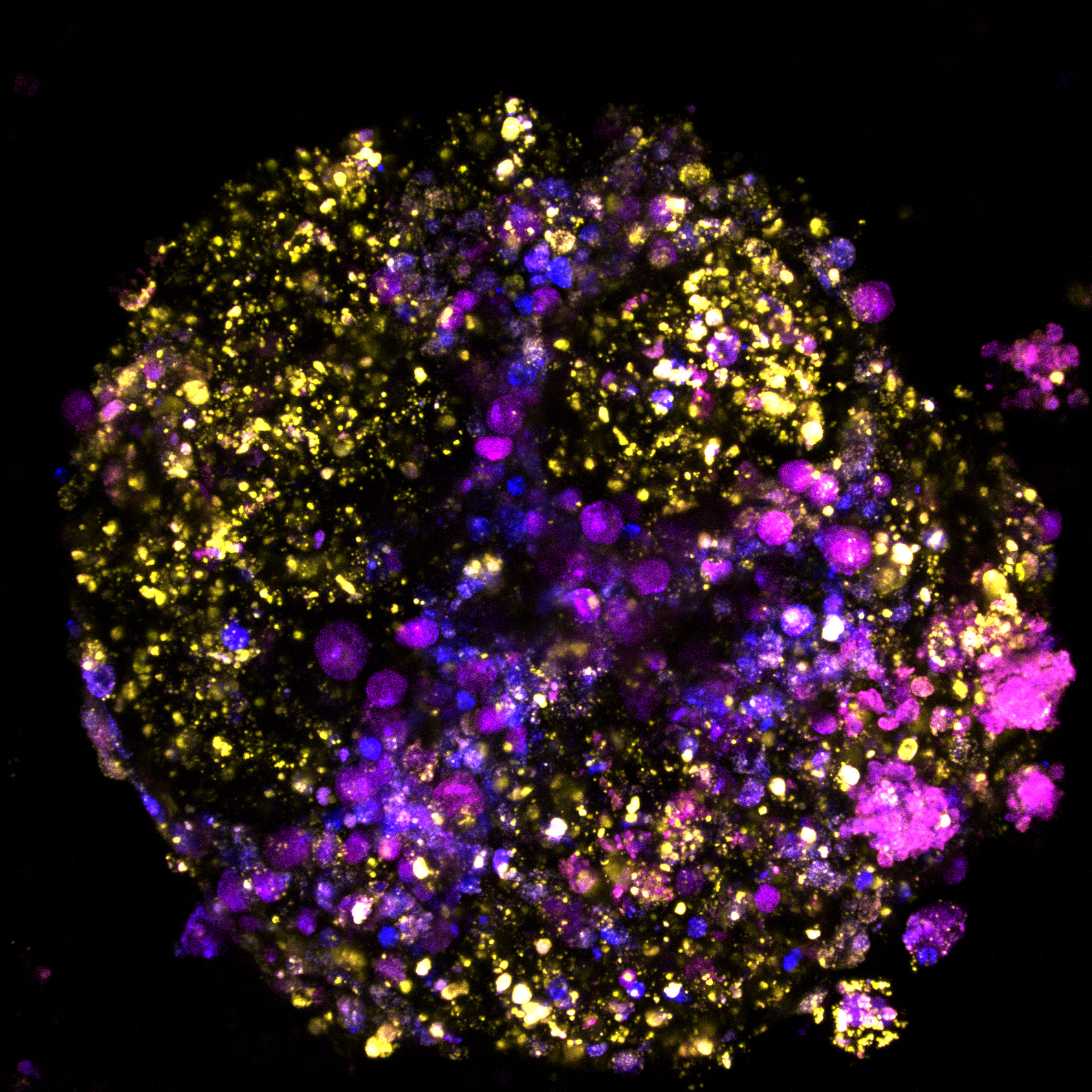
The future of cancer research: ICR scientists on the breakthroughs to look out for in 2026
As we enter 2026, scientists at The Institute of Cancer Research, London, share the developments expected this year that could soon change how cancer is treated – from technologies designed to deliver drugs directly into tumours, to new ways to harness the immune system. Some are approaching regulatory approval, others are entering clinical trials, but all point to a future of smarter, kinder, cancer treatment.

“There has never been a more exciting time for cancer research than today” – Peter’s prostate cancer story
Peter Laing was diagnosed in November 2024, with stage 2/3b high-risk prostate cancer. Now retired, his former career in the biotech industry has helped to inform decisions about his treatment, which has included abiraterone, a drug that was discovered and developed by our scientists. Over a year on from his diagnosis, he reflects on what he describes as a ‘rollercoaster journey’.
.tmb-hbmobile.png?Culture=en&sfvrsn=b703e5b1_1)
“Without the drug discoveries made by researchers, I would not be here” – Giles’ story
Giles Turner, 65, was diagnosed with aggressive prostate cancer in March 2023. Following treatment – including private treatment with the drug abiraterone – he is now in remission. He has since been campaigning to have abiraterone, which was discovered and developed by the ICR, made available on the NHS in England and Northern Ireland, in line with existing policy in Scotland and Wales.
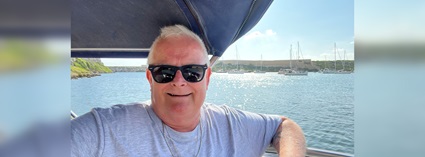
“Going for that test saved my life” – Dave’s prostate cancer story
In April 2019, I went on a journey - not one I expected to go on or even particularly wanted to go on, despite being an enthusiastic traveller. But in life we are often taken down unexpected paths.
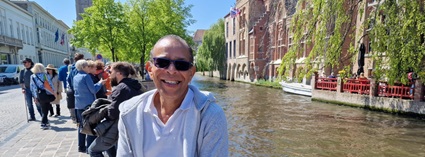
“I’m living my life despite my prostate cancer diagnosis” – Chris' prostate cancer story
Chris Talabi, 70, of Bray, Berkshire was diagnosed in 2014 with advanced prostate cancer.
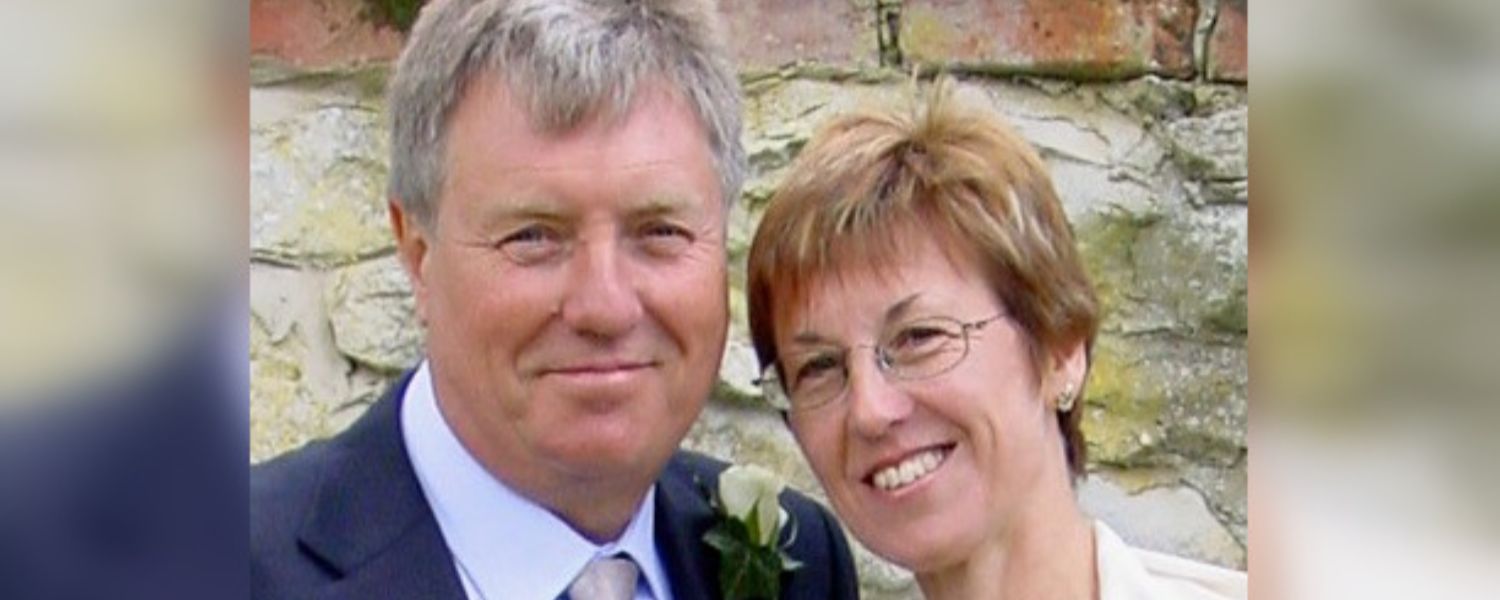
“Abiraterone gave my husband time to live life to the full” - Sue's story
Sue’s husband, Philip, was diagnosed with prostate cancer in 2005 and died on Christmas Day 2009, aged 57. 16 years on, she reflects on the legacy he left behind.
.jpg?sfvrsn=97005679_1)
“I shouldn’t be here – but thanks to research, I am” – Richard’s prostate cancer story
Richard Ware, 56, was diagnosed with stage 4 prostate cancer in 2022. Last December, he was told that it had spread to his brain. Following his diagnosis, Richard found out that he carries the BRCA2 gene mutation and for the past 10 months he has been treated with olaparib, the development of which was underpinned by research at the ICR.
.jpg?sfvrsn=ac88cbbb_1)
“I feel lucky to be here. You cannot put a price on your life” - Phil’s prostate cancer story
Phil Kissi, 68, was diagnosed with aggressive prostate cancer in 2006. Thanks to early diagnosis and successful surgery, he has no evidence of disease today. He explains why greater awareness around prostate cancer and scientific advances make him feel confident about the future.

“My neurodiversity has been a survival tool” – Martin’s prostate cancer story
Martin Wells, 71, from Burnley was diagnosed with prostate cancer in December 2007. After having surgery and treatment with a hormone suppression drug and radiotherapy, Martin was told the cancer had spread to his bones. He is currently on a clinical trial for a new treatment. He explains his experience of living with cancer as a neurodiverse man.

‘Sibling loss: the brothers and sisters left behind after cancer’
Cancer doesn’t just impact a patient, it has repercussions for everyone around them. Friends and family of those affected by the disease process feelings in many different ways, but some channel their grief into campaigning for a better future for others with cancer. We spoke to two people who are committed to honouring the legacies of their siblings.

“Developments that will enable early diagnosis of prostate cancer are vital” – Gilly’s story
Gilly Morgan, 60, was diagnosed with aggressive prostate cancer in 2014 at the age of 49. Fortunately, it was caught early and thanks to successful treatment, he has been living well ever since. Eleven years on, he reveals why he has made it his mission to raise awareness around prostate cancer, particularly among the Black community.

The Charity Research Support Fund: An overlooked, and neglected, lifeline for UK science
Ollie Richards, Advocacy Manager at the ICR, explores how a critical element of the Government's research funding – the Charity Research Support Fund – could be reformed to help support more specialist institutions and universities to do life-saving research.
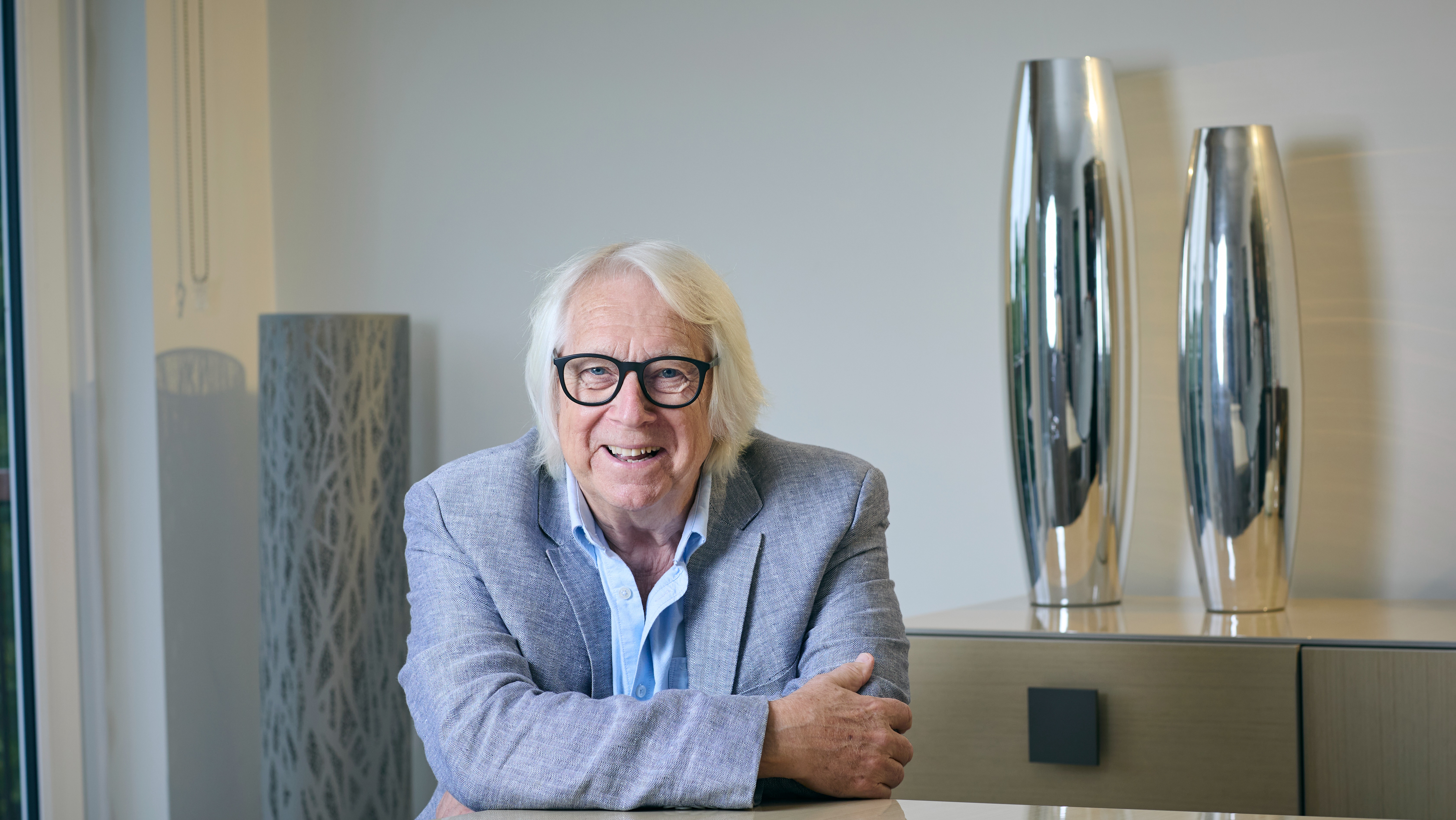
“Being involved in a clinical trial saved my life” – Tony’s story
Tony McHale, a screenwriter, was invited to take part in the IMPACT study in 2012, an international clinical trial offering regular screening for men at increased risk of prostate cancer. Around 18 months later, he was diagnosed with the disease at the age of 61. After undergoing intense radiotherapy treatment, he has remained cancer-free ever since.
-invading-through-a-layer-of-fibroblasts-(stained-for-actin---red)-nuclei-were-counterstained-with-dapi---blue.jpg?sfvrsn=1a303c1_1)
Celebrating 25 years of pioneering breast cancer research
The ICR’s dedicated breast cancer research centre was launched 25 years ago. Robbie Lockyer explores the history of the centre and how our scientists working in it have made a difference for patients.
.jpg?sfvrsn=46058a37_1)
“New research into prostate cancer will take away people’s fear” – Godfrey’s story
DJ and music promoter, Godfrey Fletcher, was diagnosed with prostate cancer in 2015 at the age of 47, shortly after his father was also diagnosed with the same disease. Since then, Godfrey has made it his mission to raise awareness and advocate for early testing, particularly among black men.
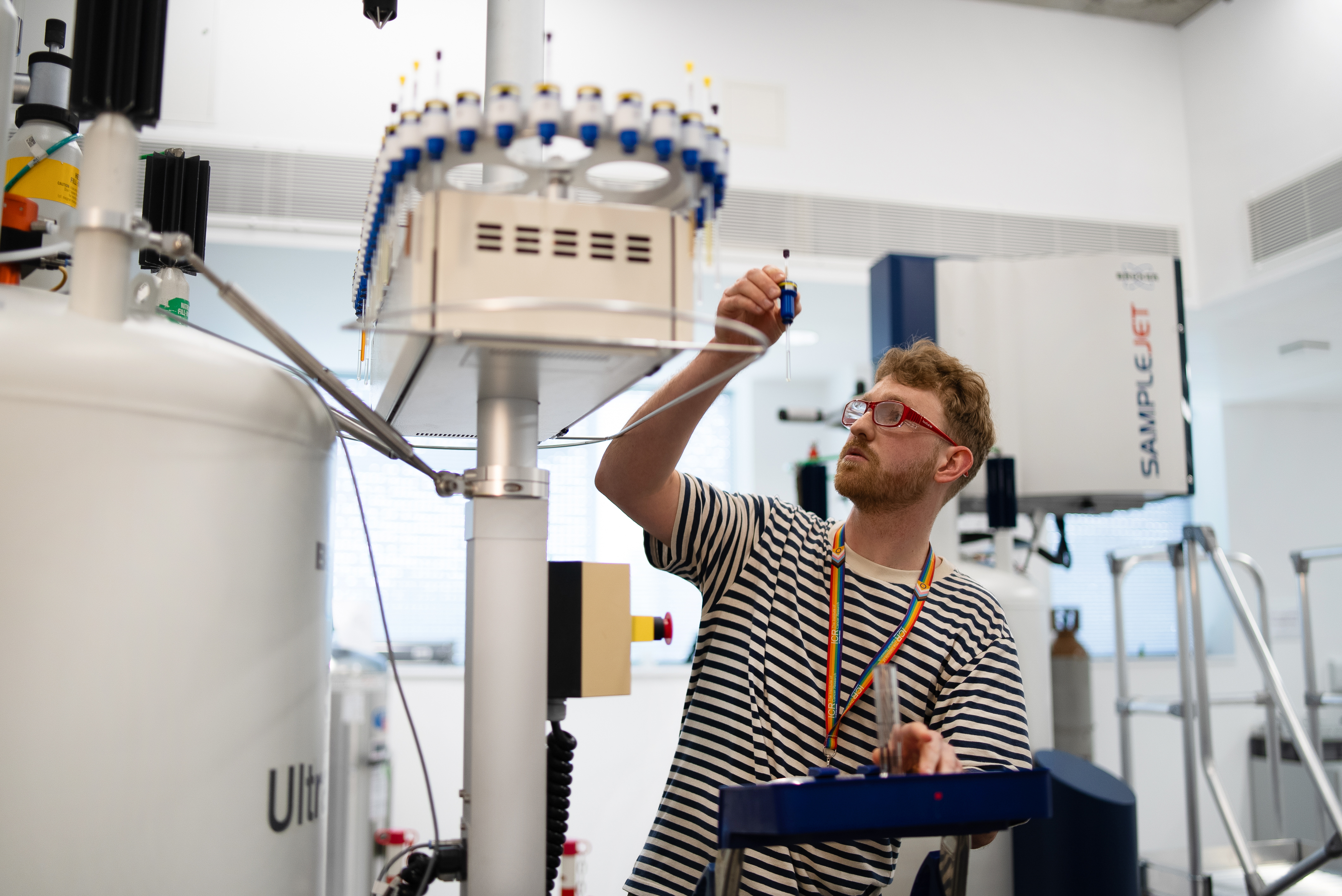
From molecules to medicines: the role of mass spectrometry and nuclear magnetic resonance
In the Centre for Cancer Drug Discovery at The Institute of Cancer Research, London, high-precision technologies are transforming how we uncover the intricate details of molecules and accelerate the development of new cancer treatments. From weighing molecules with extraordinary precision to visualising their atomic structure, Robbie Lockyer visited the lab to understand how these tools are accelerating the journey from lab bench to hospital bedside.
-blurred.jpg?sfvrsn=614f5f3_1)
“I found a way to honour my mum’s memory” – Dan’s One More City story
Dan Dale recently joined a team of 37 riders to take on the One More City annual cycling campaign. The four-day challenge this September saw them ride from Pisa to Nice, covering nearly 600km and reaching climbs of 6,000m along the way, all to raise funds for our groundbreaking research into secondary breast cancer. Here, Dan reflects on his experience and his reason to take part…
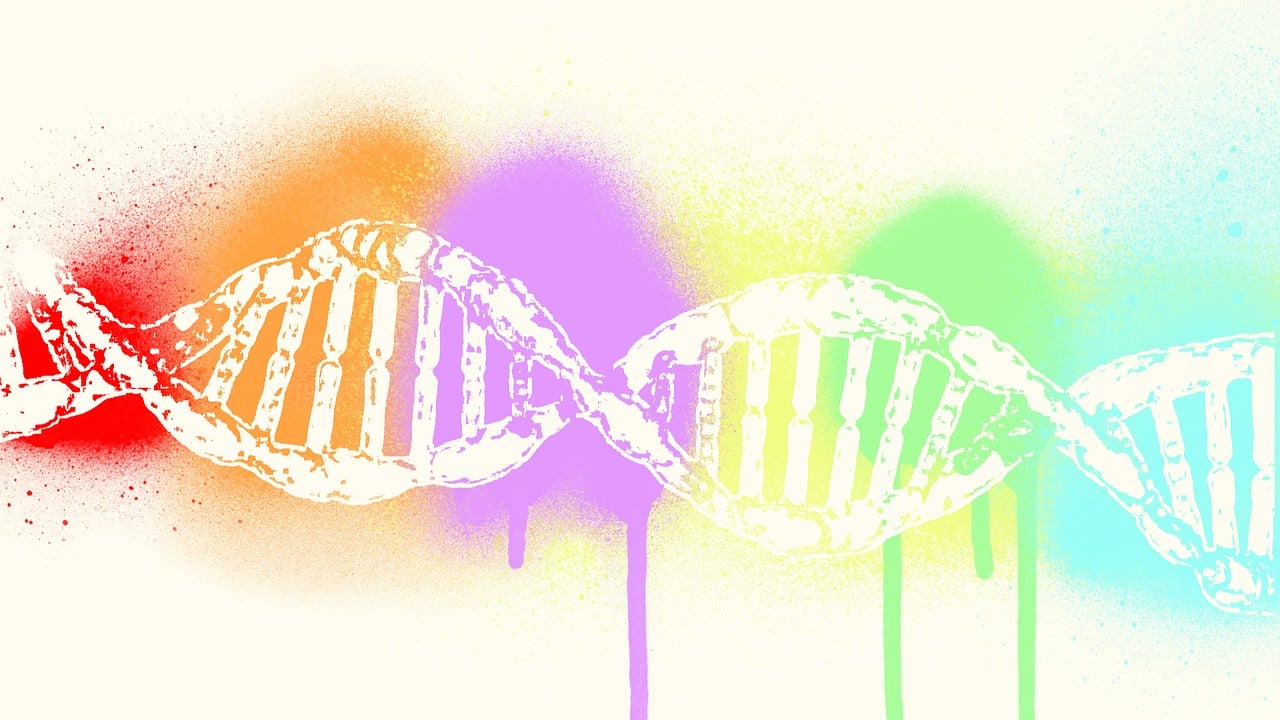
Could expanding BRCA gene testing save lives in breast and ovarian cancer?
Although cancer is not usually inherited, certain types, including breast and ovarian, can be triggered by inherited gene faults, meaning they can run in families. Now that we can test for these mutations, could – and should – we be testing as many people as possible to identify those at higher risk? Isy Godfrey spoke with Beth Torr, Scientific Programme Manager in Cancer Genetics, to find out.